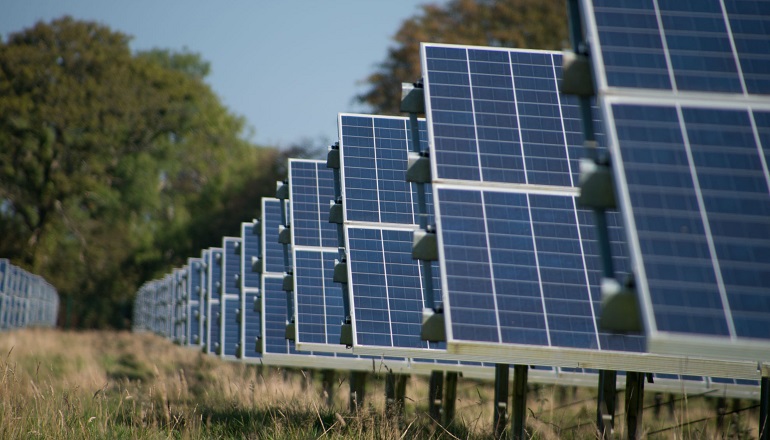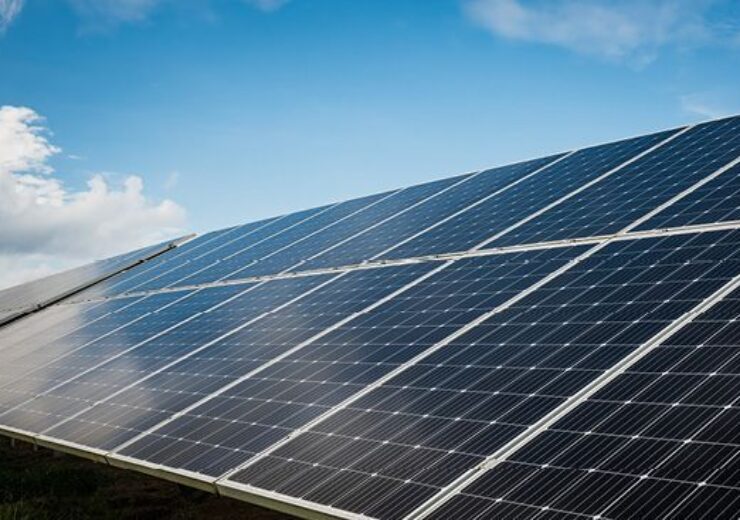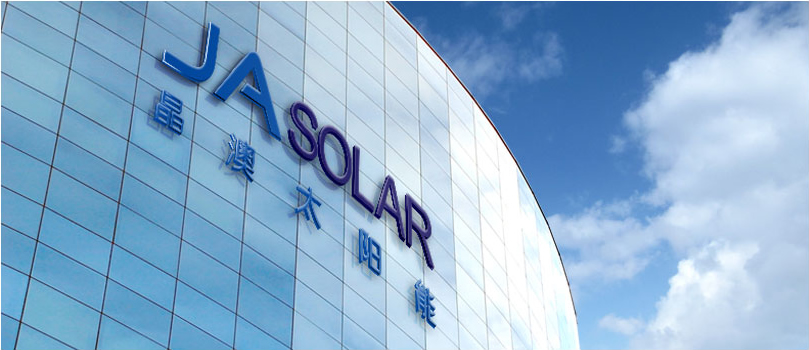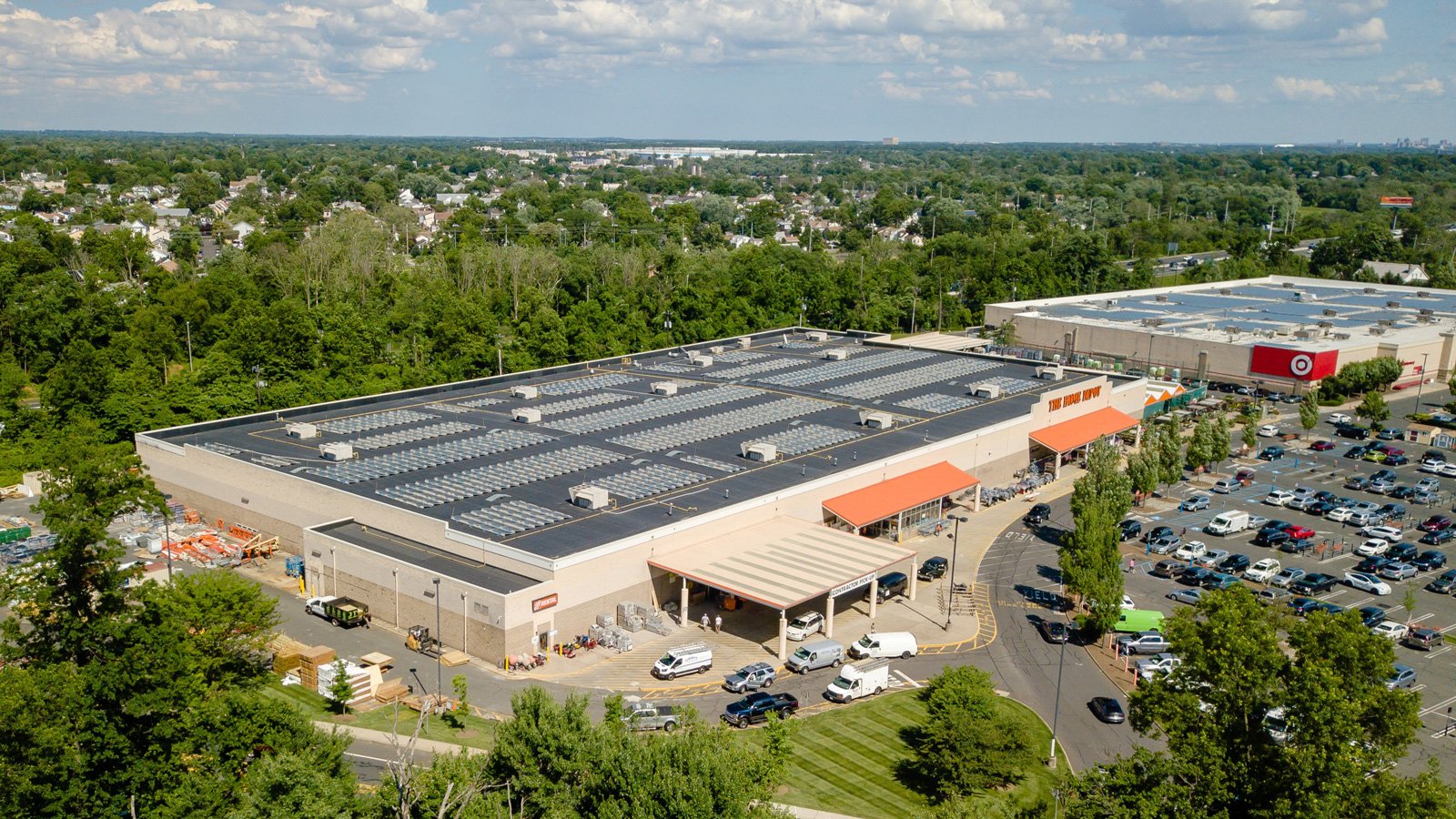Ethiopia and renewable energy company Masdar, based in the United Arab Emirates, have agreed to collaborate on a 500 megawatt solar project.
This partnership could greatly expand Ethiopia's energy capacity and diversify its energy sources, aligning with Prime Minister Abiy Ahmed's plan to industrialize the country.
Currently, Ethiopia's total power generation capacity is around 4,898 MW, with the majority, 91%, coming from hydroelectric power, according to data from the state-run Ethiopian Electric Power.
“Pleased to see the signing of a Joint development agreement (JDA) between the Government of Ethiopia and Masdar to develop two solar photovoltaic plants,” Abiy said in a tweet, adding the two plants would have a combined generation capacity of 500 megawatts.
Abiy did not reveal the location or cost of the proposed plants, and both his spokesperson Billene Seyoum and Mamo Mihretu, CEO of Ethiopia Investment Holdings, did not respond to requests for more information from Reuters.
Additionally, Masdar did not respond to a request for comment from Reuters. Ethiopia is looking to increase its energy capacity, and recently began producing power from the Grand Ethiopian Renaissance Dam (GERD), a multi-billion-dollar hydropower plant on the River Nile. However, this project has faced opposition from neighboring countries Sudan and Egypt.
Upon reaching full capacity, the dam will have a generating capacity of over 6,000 MW. In a tweet, Ethiopian Prime Minister Abiy Ahmed stated that the global goal of net zero emissions presents Ethiopia with the chance to utilize its renewable resources and provide access to ample, clean, and inexpensive energy.
Masdar, a company specializing in renewable energy, recently signed a deal with the state-owned power utility Zesco in Zambia to construct solar projects valued at $2 billion.








